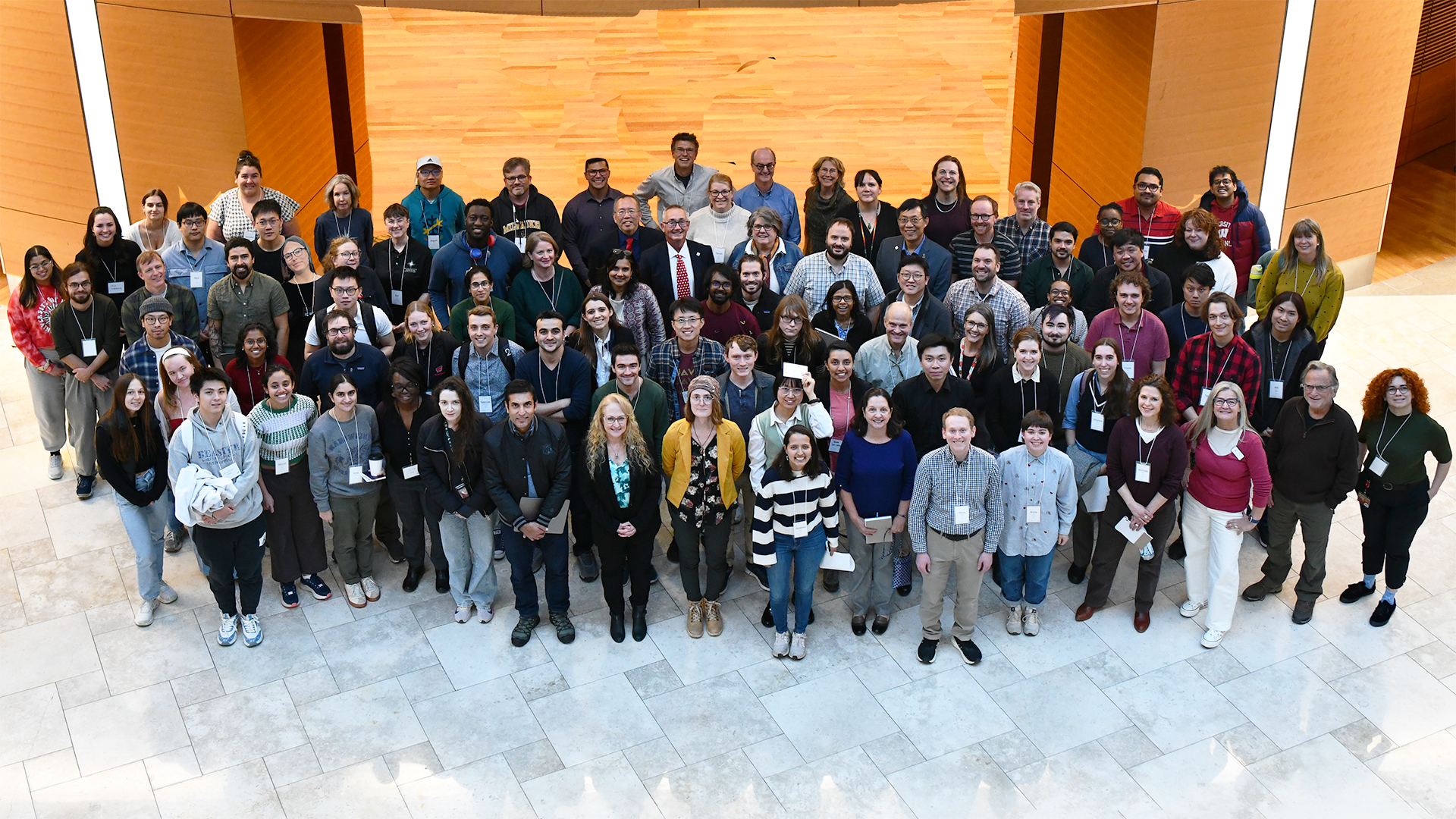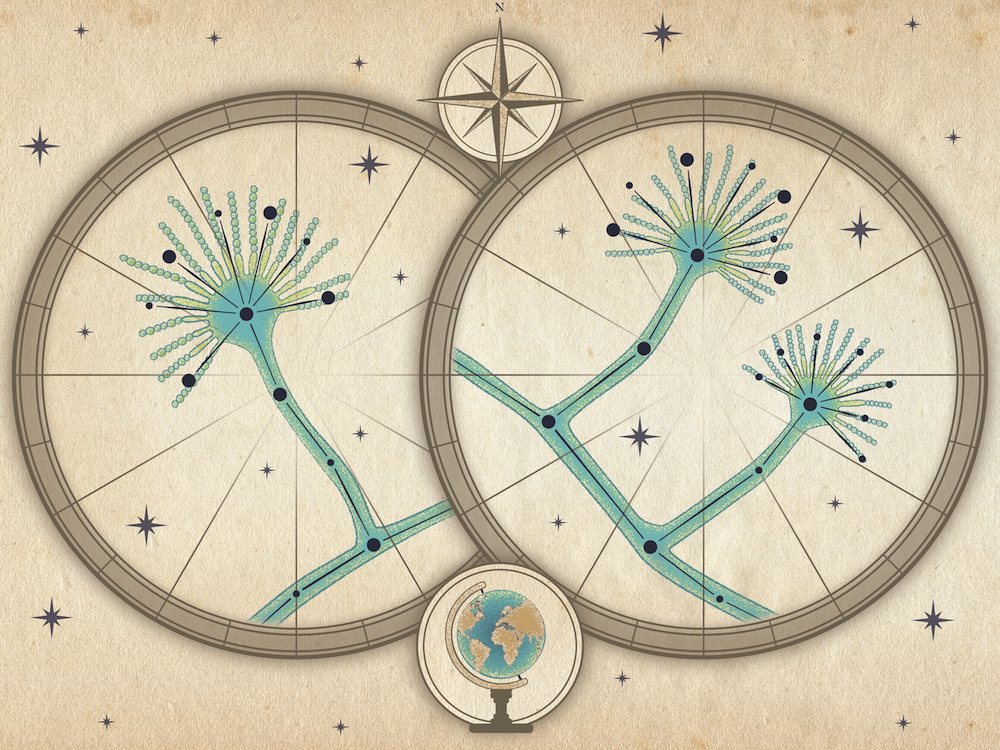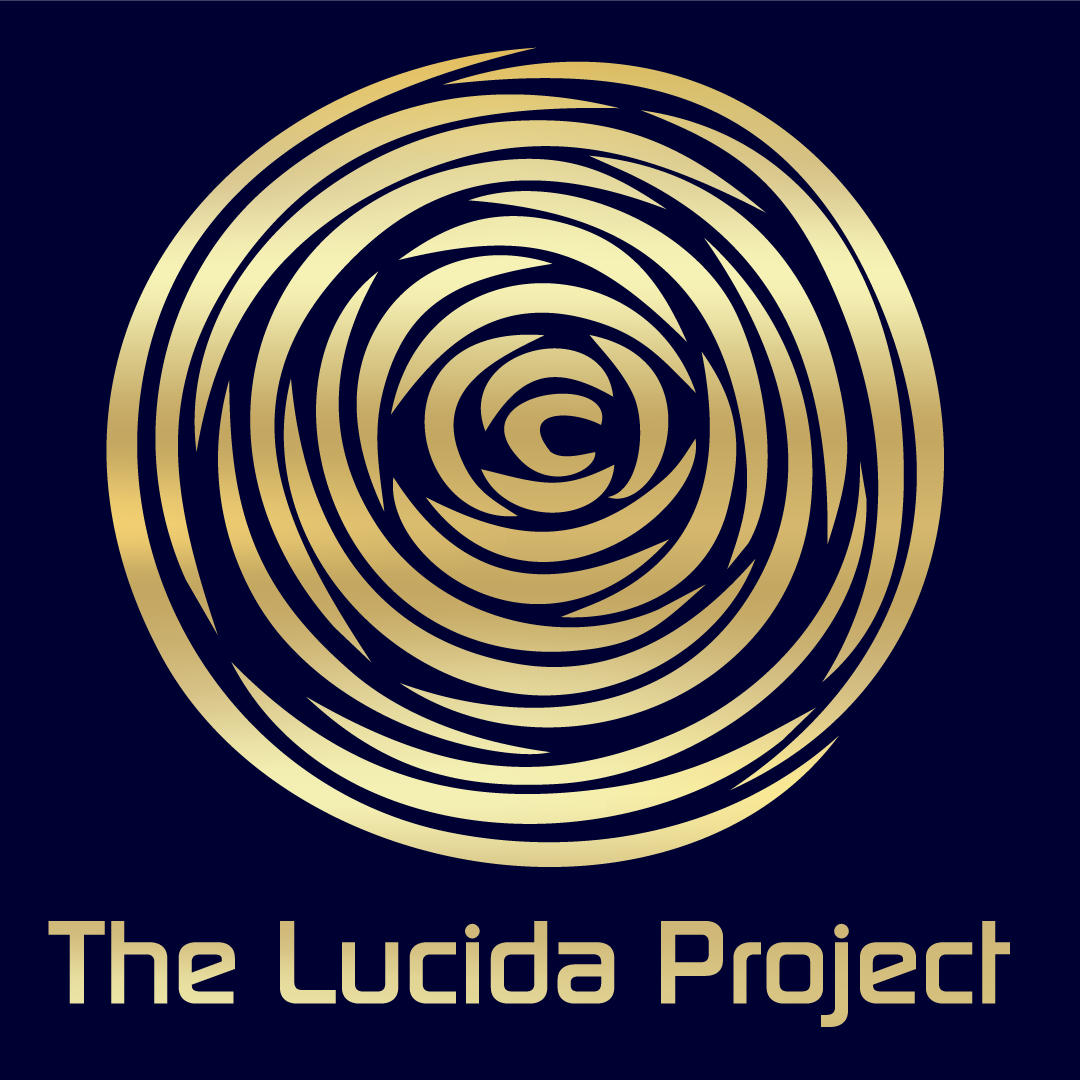Tiny Earth to develop AJEDI-focused open-access Scientific Teaching Course for college instructors
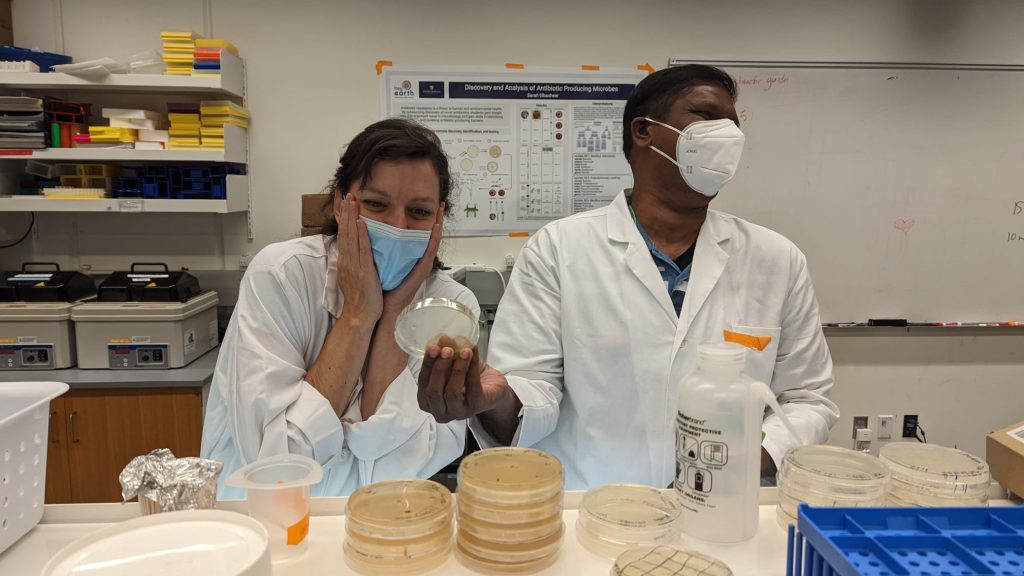
Tiny Earth Partner Instructors looking at plates during an instructor training
Tiny Earth will collaborate with Codon Learning and the National Institute on Scientific Teaching (NIST) to develop, evaluate, and disseminate a Scientific Teaching Course (STC) that integrates AJEDI (antiracist, just, equitable, diverse, inclusive) principles. Educators from diverse backgrounds will co-create the free, digital course modules for college instructors. The project is generously funded by the William and Flora Hewlett Foundation, which supports open education resource projects.
Undergraduate STEM majors have low retention rates, particularly for students of color, first-generation students, those with disabilities, and other students from historically excluded communities. The book Scientific Teaching, written by Jo Handelsman, Sarah Miller, and Christine Pfund in 2007, provides a pedagogical framework for active learning, assessment, and diversity that is designed to help STEM instructors teach with the spirit and rigor they bring to scientific research. The new Scientific Teaching Course, which will be built in Codon Learning’s digital platform, will adapt and contextualize these concepts for today’s world.
“Over the past two decades, thousands of instructors have learned to teach scientifically thanks to Scientific Teaching,” says Ben Roberts, CEO of Codon Learning. “Codon is thrilled to be a part of building and disseminating the next generation of scientific teaching courseware that will be AJEDI, online, and free to the world.”
Instructors from two-year colleges, minority-serving institutions, and research universities, as well as experts in faculty professional development, scientific teaching, and AJEDI pedagogy make up the collaboration’s working group. Faculty include Sheela Vemu, a Tiny Earth Partner Instructor at Waubonsee Community College, Zakiya Wilson-Kennedy from Louisiana State University, Cara Gormally from Gallaudet University, and Taziah Kenney from Jefferson University. Student advisors and the larger NIST and Tiny Earth networks will also provide feedback throughout the course development.
“This project will ready scientific teaching for the emerging needs and pressing inequities of the middle of the 21st century,” says Sarah Miller, Executive Director of Tiny Earth. “Each tutorial will be grounded in evidence-based practices that have been shown to increase confidence, learning, and persistence of diverse students in STEM. We are also listening to make sure that diverse student and instructor perspectives are a part of the design.”
Course topics include creating an AJEDI classroom learning community, teaching with a student-centered approach, using engaging course design, and creating valuable assessments. AJEDI principles will be woven throughout each module.
“We are proud to support this diverse community of STEM faculty who are working together to create more inclusive instructional materials for their students,” says Angela DeBarger, Program Officer in Education at the Hewlett Foundation.
The Course is designed as four modules and will be available via Codon Learning’s interactive digital platform beginning summer 2023. Modules will also be incorporated into Tiny Earth Partner Instructor (TEPI) training in summer 2023 and 2024.
***
The collaboration is led by Sarah Miller, Executive Director of Tiny Earth at the University of Wisconsin–Madison and Jennifer Knight, Associate Professor of Biology in the Department of Molecular, Cellular, and Developmental Biology at the University of Colorado Boulder and Codon Learning’s Chief Academic Officer. Jo Handelsman, Founder of Tiny Earth, Director of the Wisconsin Institute for Discovery and Professor of Plant Pathology at the University of Wisconsin–Madison will serve as an advisor.
-Martel DenHartog

